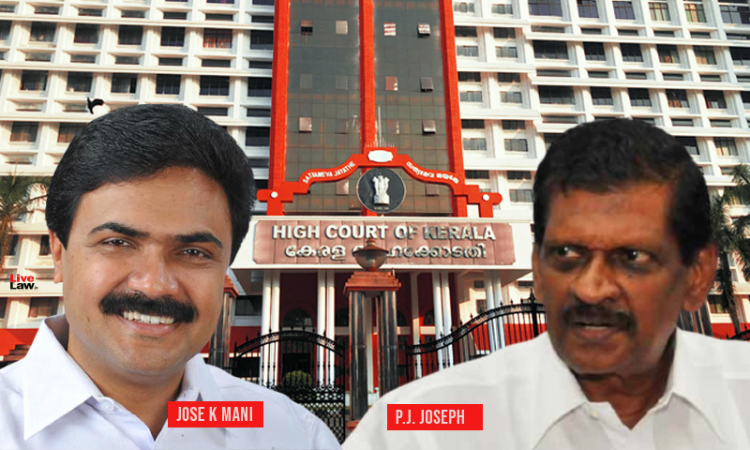Election Commission Has Power To Decide Disputes Over Symbol In Case Of Party Split: Kerala High Court
LIVELAW NEWS NETWORK
21 Nov 2020 12:26 PM IST

Next Story
21 Nov 2020 12:26 PM IST
The Kerala High Court has upheld the order of the Election Commission of India to allot the party symbol 'two-leaves' to Rajya Sabha MP Jose K Mani-led faction of the Kerala Congress(Mani) party.A single bench of Justice N Nagaresh dismissed the writ petition filed by P J Joseph MLA, the leader of the rival section of KC(M), challenging the ECI order.The High Court dismissed the legal...
